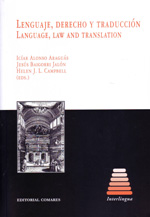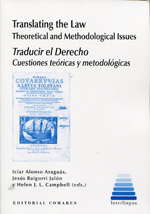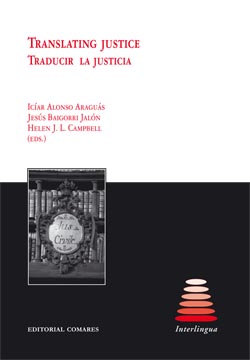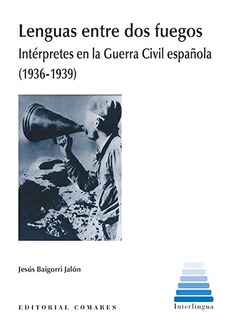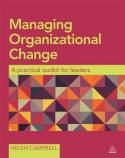Lenguaje, Derecho y traducción = Language, Law and translation
- ISBN: 9788498367911
- Editorial: Editorial Comares
- Fecha de la edición: 2010
- Lugar de la edición: Granada. España
- Colección: Interlingua
- Encuadernación: Rústica
- Medidas: 23 cm
- Nº Pág.: 181
- Idiomas: Español; Inglés

Servicio de búsqueda de libros
Este libro está agotado o descatalogado por la editorial. Si lo desea podemos buscar esta obra en librerías de saldo y ocasión.
Sí, por favor búsquenme este libroThis volume is the result of the third edition of the Seminar on Legal Translation organised from February 15-19, 2010 by the University of Salamanca and IAMLADP, the International Annual Meeting on Language Arrangements, Documentation and Publications, with the generous support of the Spanish Ministry of Science and Innovation, the European Academy of Yuste Foundation and the Alfaqueque Research Group. The publication of these lectures has been made possible thanks to the financial support from the Junta de Castilla y León (the Regional Government of Castile and Leon). The idea of running such a seminar originated from the first annual meeting in March 2007 of the Universities Contact Group (UCG), a forum with 36 members, half senior representatives of Language and Conference Services in International Organisations, half Heads of Translation and Interpreting Departments of Universities. The body was set up in 2006 under the auspices of the Working Group on Training, one of the pillars of IAMLADP, itself a United Nations-run forum for Heads of Language and Conference Services of International Organisations, set up some 35 years ago. The raison d#être for the UCG was to establish a bridge between these organisations, all of them looking urgently for new recruits, and the academic centres training their potential staff. Its origins are therefore practical; organisations were increasingly concerned about the shortage of candidates while the universities were training in an academic world of research and theory, sometimes rather remote from the practical needs of the daily work of a professional translator or interpreter.

